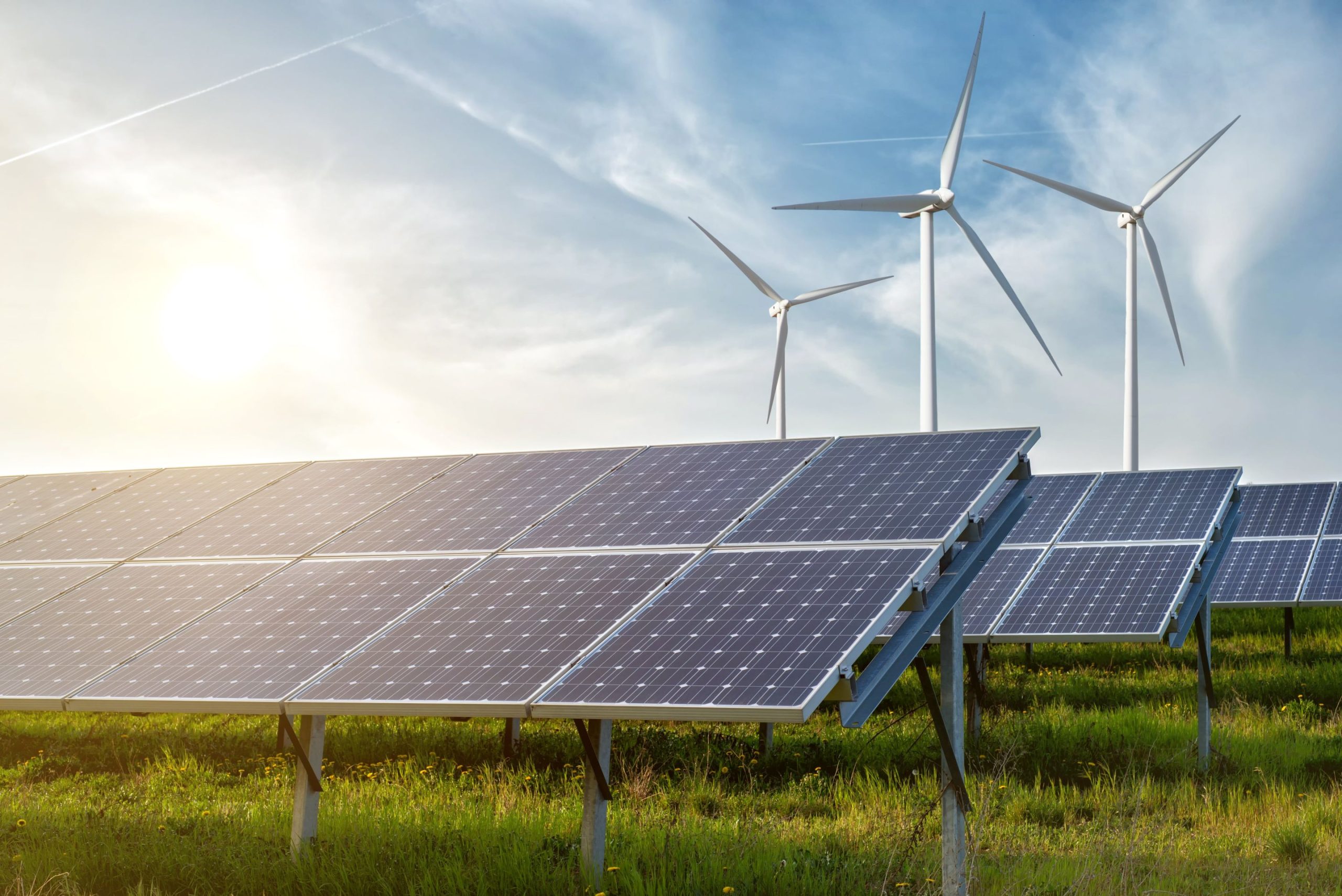CCS can reduce CO2 emissions in sectors where there is no cost-effective alternative in the short term. In addition, CCS is increasingly helping to realise negative emissions and develop blue or green hydrogen and Carbon Capture and Utilisation (CCU).
There are specific requirements for temporarily or permanently storing CO2 and searching for CO2 storage complexes . For example, you must conduct an environmental impact assessment and have a permit under the Mining Act.
Four different categories of CCS are subsidised through the SDE++ subsidy scheme up to a maximum of 7.2 Mton emission reduction in 2030 for the industry sector and 3 Mton for the electricity sector. Project Porthos, a cooperation between Gasunie, EBN and Port of Rotterdam, is the largest CCS project in the Netherlands, with a CO2 reduction capacity of 37 million tonnes over a period of 15 years. Its launching customers (Shell, Exxon, Air Liquide and Air Products) submitted subsidy applications for a total amount of EUR 2.1 billion, almost half of the budget available in the SDE++ 2020 autumn round. We expect the next SDE++ tender round to be in the autumn of 2021 (it is unlikely that there will be a 2021 spring round).
Our Energy & Industry Team advises on the entire energy value chain and is a market leader when it comes to sustainable energy.




